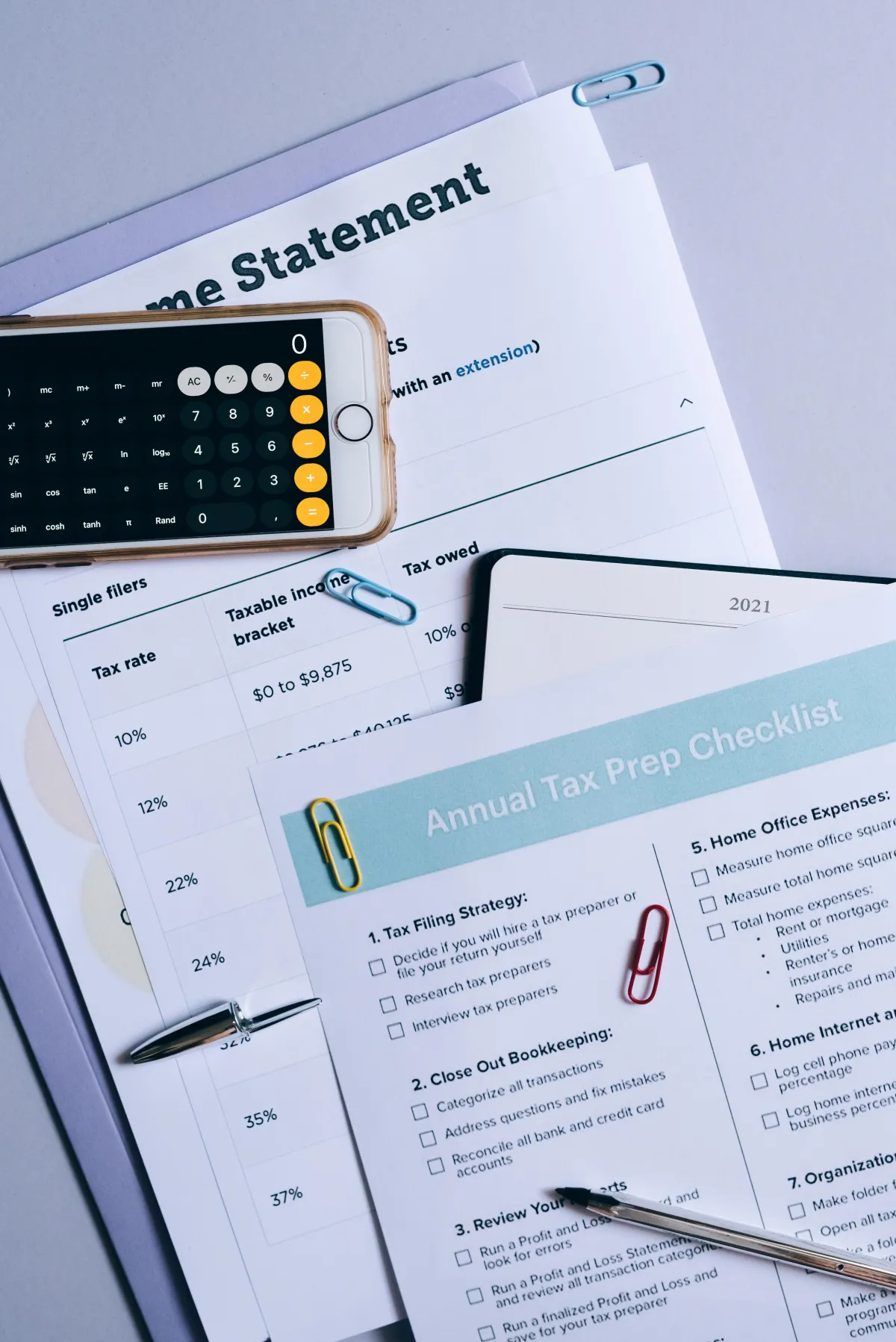TAX TOOLS
INCOME TAX CALCULATOR
TRACK REFUND WITH THE IRS
ABOUT / INFO
DEADLINES & DATES
SERVICES
TAX PREPARATION
PAYROLL
BOOKKEEPING
FINANCIAL CONSULTATION
Copyright © 2023 aphroditetax.com. All rights reserved. How was your experience? Please leave us feedback

